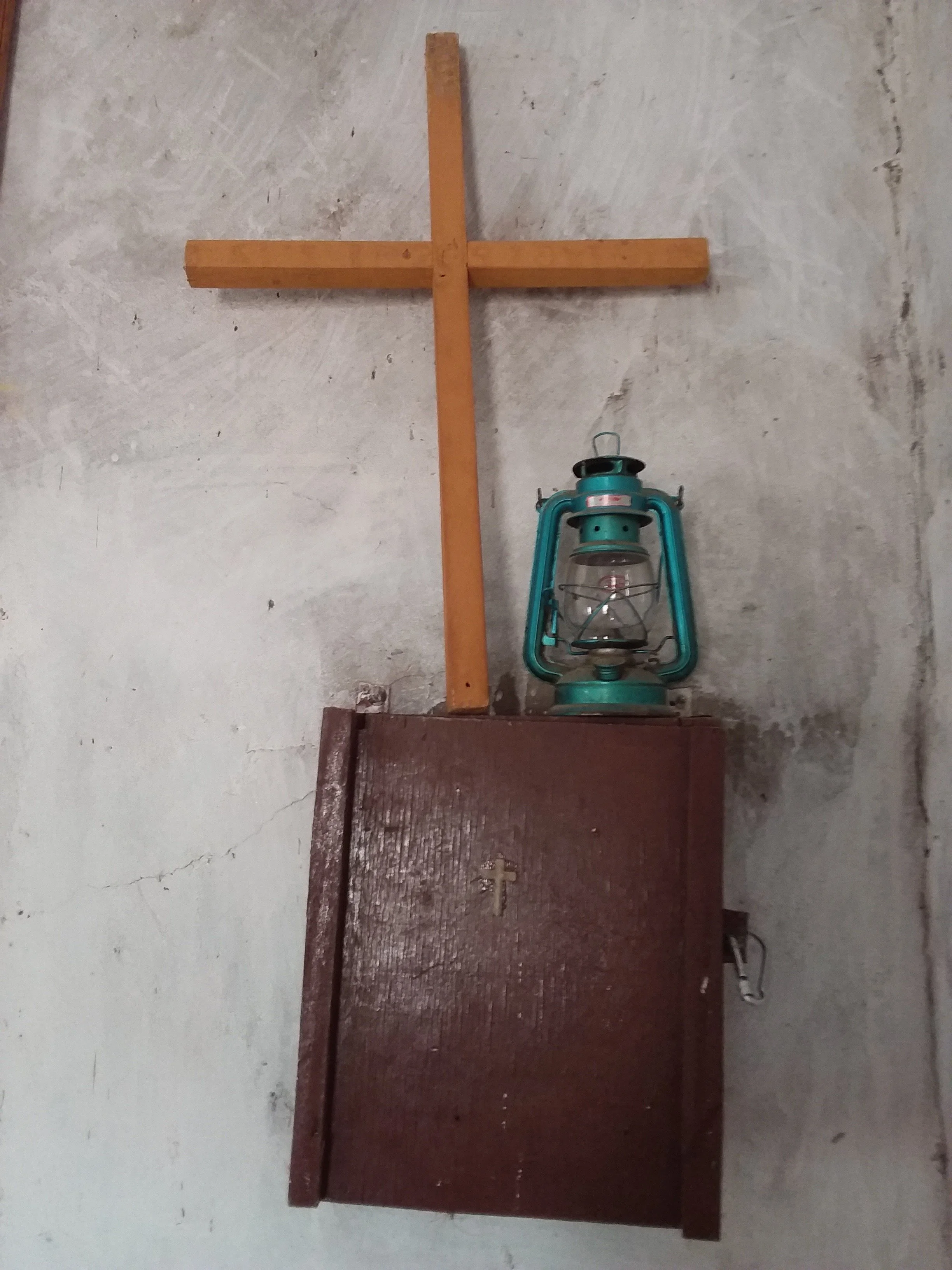Missionary Life as Prophetic Witness
Missionary life must be a prophetic and credible sign. This means it must continue searching for ways to be prophetic and credible that are not only personal but also institutional. It must constantly review and return to a lifestyle that is simpler, poorer, more sober and essential.
There is no mission without poverty - a poverty that becomes solidarity with the last and forgotten, and that becomes denunciation when defending the most basic human rights.
We know very well how terrible the life of the poor is: often deprived of hope, afflicted by daily and wearing violence, tedium and uncertainty...
The poverty of consecrated persons is valid only if it serves the poor, if it generates hope in them, and if it becomes a meaningful presence for our brothers and sisters surrounded by degradation, insecurity and despair.
One fundamental requirement of the vow of poverty is certainly living in such simplicity as to see the world differently. The world appears very differently when seen from the perspective of wealth and luxury (like the rich man Dives) compared to how it appears from the perspective of desperate need (like the beggar Lazarus with his begging bowl).
We know that there is no mission without contemplation, that there is no vocation without prayer. Unless we work with God, our action will always remain a “human effort”. “Unless the Lord builds the house, they labour in vain who build it”, tells us the psalmist. We also know that: “The missionary acknowledges that he can do nothing without Christ who sends him, and that the spreading of the Gospel is linked to prayer” (Comboni Missionary Rule of Life 46.1).

